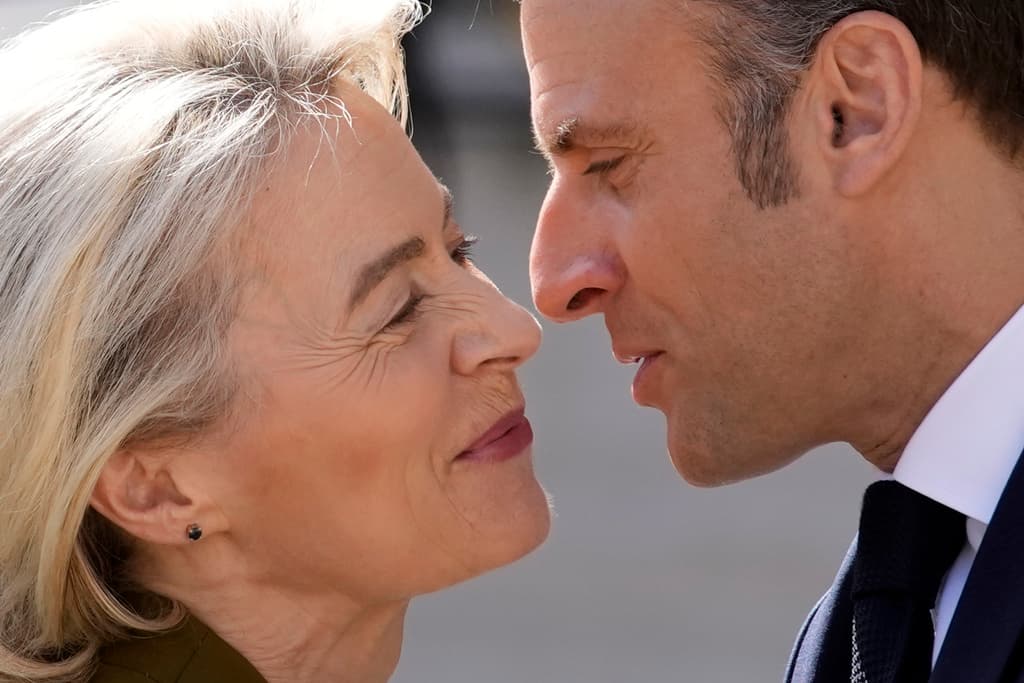Rivalry and compromises await as the newly elected European Parliament forms itself. The first question: can the leaders of EU member states agree on who should hold the top jobs?
Expect intense soundings between EU leaders during the coming week, for example at the G7 meeting in Italy and the Ukraine peace meeting in Switzerland. Then, all will gather for an informal EU summit in Brussels on 17 June to discuss the situation.
The main question is who will occupy the three most senior posts in Brussels: Commission President, Council President, and Foreign Minister.
There are hopes for swift support for Ursula von der Leyen as continued Commission President. If so, the European Parliament may hold a formal vote on her already at their first sitting in Strasbourg, 16-19 July.
However, much rivalry is to be expected. Speculation, for example, surrounds French President Emmanuel Macron's desire to have former European Central Bank chief Mario Draghi in a top post – and it is therefore not certain that von der Leyen will continue, despite being the top candidate for the largest party group in the EU election. The question is also what the poor result for Macron's liberal party in the EU election means for his willingness to support von der Leyen.
If it therefore takes until the ordinary EU summit on 27-28 June before leaders can agree on the top jobs, the chairmanship vote may be postponed until September.
For the newly elected MEPs, it is about forming themselves into groups and starting to fight for senior committee posts and other positions. Already on Tuesday, the current group leaders will gather for a first planning discussion with President Roberta Metsola.
Thereafter, a few weeks are likely to be filled with press conferences to announce group changes as parties decide to move to one side or the other.
Major changes are expected within the groups, where, for example, the two groups of the extreme right may become three – or indeed just one. Parties such as the German AfD and the Hungarian Fidesz are currently formally groupless but will likely seek to cooperate with someone.
Ursula von der Leyen would like to continue as President of the European Commission and can count on support from nearly half of the EU member states' heads of government, as these belong to the same conservative party family (EPP). However, to achieve sufficient support, other party families must be rewarded with other top posts.
In 2019, a liberal Council President (Belgian Charles Michel) and a social democrat Foreign Minister (Spanish Josep Borrell) were elected. This time, the roles are expected to be reversed.
The main speculations have mentioned, for example, Portuguese Antonio Costa or Danish Mette Frederiksen as Council President and Estonian Kaja Kallas or Luxembourg's Xavier Bettel as Foreign Minister.






